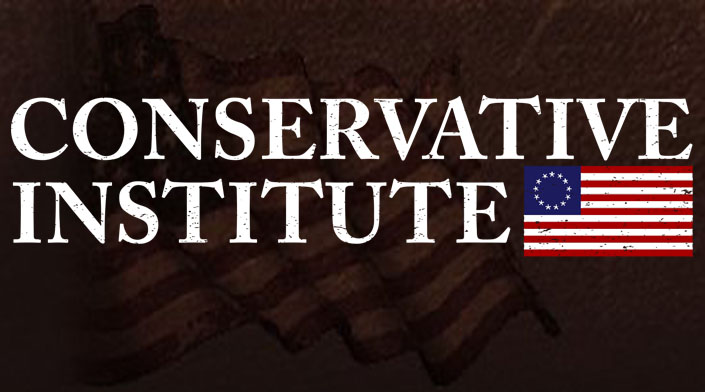Texas challenges federal ruling on congressional map at Supreme Court
Hold onto your hats, folks—Texas is taking its fight over a freshly drawn congressional map straight to the U.S. Supreme Court, refusing to back down after a federal panel slammed the brakes on the plan.
In a whirlwind of legal drama, a three-judge federal panel voted 2-1 on Tuesday to block Texas from using its newly crafted congressional map, citing evidence of racial gerrymandering.
Hours later, state leaders filed an appeal to the Supreme Court, turning this into a national showdown over voting rights and redistricting with sky-high stakes for the upcoming midterm elections.
Judges Cite racial gerrymandering in ruling
The federal panel’s majority opinion pulled no punches, pointing to “substantial evidence” that the map illegally targeted non-white districts for manipulation.
Their ruling highlighted a July letter from the U.S. Department of Justice to Gov. Greg Abbott, warning of legal action if Texas didn’t redraw four coalition districts of Black and Latino voters.
Notably, the DOJ zeroed in on majority non-white areas, which raises questions about whether this push is genuinely about fairness or a selective agenda.
Texas Republicans push back hard
Gov. Greg Abbott fired back immediately, calling the ruling “clearly erroneous” and arguing it undermines the Texas Legislature’s constitutional authority to draw its own maps.
GOP voices like Aaron Reitz echoed this, stating, “Race was not used to draw these lines,” insisting it’s pure politics—a standard they claim is fair game.
While redrawing lines for partisan gain isn’t new, the racial gerrymandering charge is a serious one that can’t be dismissed with a wave of the hand.
Democrats celebrate, but caution lingers
North Texas Democrats, including Rep. Julie Johnson and Rep. Marc Veasey, cheered the court’s decision as a stand against voter disenfranchisement.
Johnson declared, “What the Republicans and Greg Abbott did in Texas, to seeking to disenfranchise voters of color was egregious, and the court clearly agreed with that.” Her pointed critique frames this as a moral failing, though some might see it as judicial overreach.
Veasey added a tempered optimism, noting, “I feel like we're on good legal grounds here,” while keeping a wary eye on the Supreme Court’s next move.
Political stakes and broader implications
The blocked map, designed to secure five additional Republican congressional seats, could have reshaped Texas politics by forcing Democratic incumbents to retire or compete against each other.
Now, with the ruling on ice and an appeal pending, the nation watches to see if the Supreme Court will back Texas’s state rights or uphold federal intervention under the guise of equity—a term that often masks deeper political games.
At its core, this battle isn’t just about lines on a map; it’s about who gets to wield power in a state that’s a linchpin for national politics, and both sides know the stakes couldn’t be higher.

